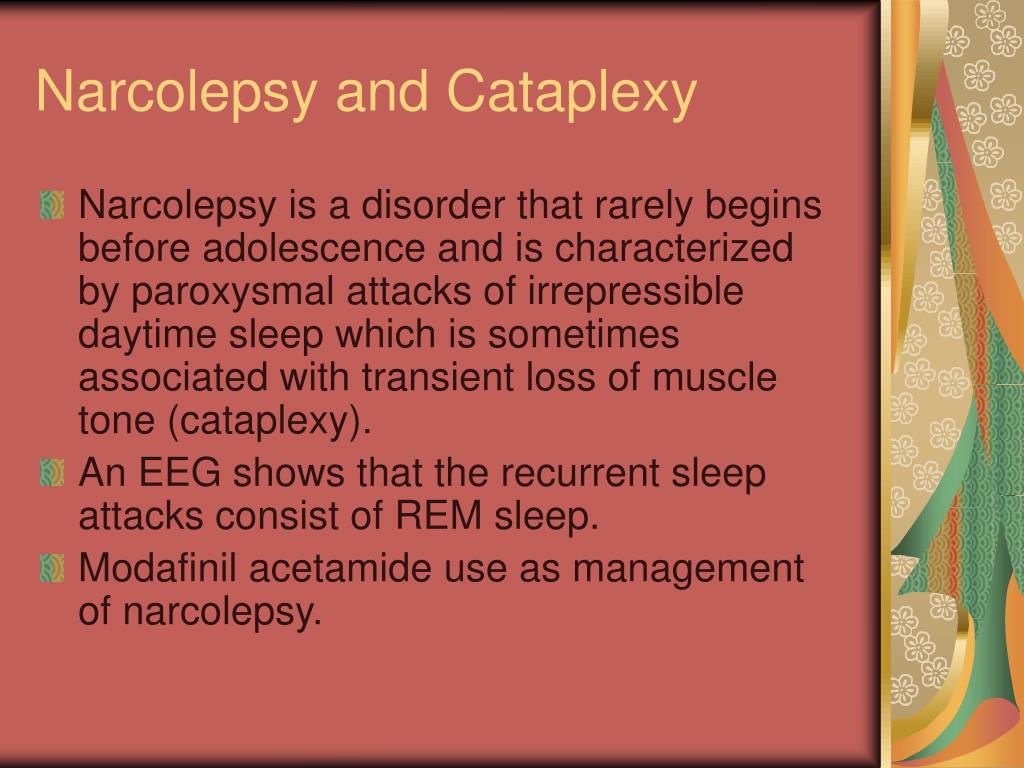
Though this will not apply to all cases, if the affected dog has narcolepsy due to a shortage of hypocretin (a neurotransmitter), this can be measured. Scheduling a visit with a neurologist for advanced diagnostics such as an MRI and cerebrospinal fluid analysis can help rule out physical changes in the brain. Most cases of narcolepsy are diagnosed by symptoms and ruling out other causes. Often the complete blood count, blood chemistry, urinalysis, and baseline imaging (x-rays and ultrasound) are all normal in these dogs.
Narcolepsy and cataplexy in dogs full#
There are multiple causes of collapse in dogs, so a full exam and blood workup is important to rule out cardiac, muscle, or different neurologic dysfunctions in dogs showing signs of narcolepsy. How Veterinarians Diagnose Narcolepsy in Dogs
This is called acquired narcolepsy and is likely due to a dysfunction of the immune system, though research around this is not well understood. There have also been rare cases where a severe inflammatory event (meningitis, pneumonia, etc.) has led to narcolepsy in dogs who were not genetically predisposed. Multiple gene mutations that cause similar clinical signs have also been determined. But any breed can be prone to the condition. A recessive gene linked to narcolepsy has been found in Doberman Pinschers, Labrador Retrievers, and Dachshunds. Narcolepsy is most commonly an inherited disorder, which is why it is usually first seen and diagnosed in young dogs. Even if your dog wakes quickly and easily, if you have not established a diagnosis or plan with your primary veterinarian, it is worth contacting them after an event to ensure no further steps need to be taken. If your dog is not rousable and the event is lasting longer than a few minutes, contact your nearest emergency veterinarian to make sure nothing else is going on. Many dogs can be brought out of the event if you try to wake them up, as if they had been sleeping. Sudden fainting/paralysis and loss of consciousness, usually during activity or excitementĮpisodes usually only last a few seconds, but some dogs can take a few minutes to recover. Certain medications and lifestyle changes can be used to lessen the severity of the disease, but management is lifelong as narcolepsy is not curable.

It can be scary to witness, but is usually not life threatening. Narcolepsy is a rare cause of sudden collapse or fainting in dogs.


 0 kommentar(er)
0 kommentar(er)
